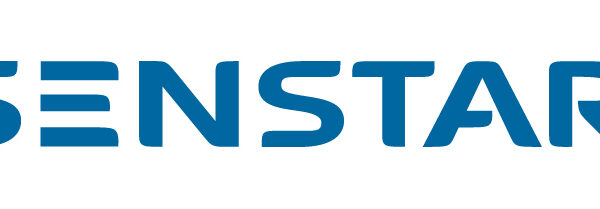The advocacy group Collective Shout has weighed in on the ongoing global debate surrounding the removal of thousands of adult games from the gaming platform Steam. This issue gained traction following concerns about the implications of such content and the responsibilities of payment processors like Visa and Mastercard. The group’s statement highlights the broader implications of this decision on gaming culture and societal attitudes toward sexual violence.
Background of the Controversy
The controversy erupted in October 2023 when Steam announced the removal of numerous adult-oriented games from its platform. This action has been interpreted by some as a response to increasing scrutiny over the nature of content available to consumers. Critics argue that this move could signal a troubling trend in the gaming industry, where artistic expression is curtailed in the name of social responsibility.
In a statement provided by Collective Shout, the organization emphasized that defenders of sexual violence games often exhibit abusive behavior in their real lives. This assertion suggests a deeper connection between the consumption of such content and the normalization of harmful attitudes towards women and marginalized communities.
Financial Implications and Industry Responsibility
The financial implications of this controversy are significant. The role of major payment processors like Visa and Mastercard is critical, as their policies can directly impact which games are available on platforms like Steam. By withdrawing their services from adult content, these companies are effectively influencing the market dynamics within the gaming industry.
Collective Shout calls for these companies to take responsibility for their role in shaping gaming culture. They argue that by enabling the circulation of such games, payment processors contribute to a culture that trivializes sexual violence. The group’s stance reflects a growing demand for accountability within the gaming ecosystem, urging corporations to reconsider their policies regarding adult content.
As the debate continues, the implications for developers and consumers alike remain uncertain. The gaming community is divided, with some advocating for the complete removal of such content while others defend the right to diverse expressions in gaming.
The conversation initiated by this controversy raises essential questions about the responsibilities of corporations in the digital age, particularly in relation to content that may perpetuate harmful stereotypes or behaviors. Collective Shout and other advocacy groups will likely continue to push for change as the dialogue evolves.
In conclusion, the removal of adult games from Steam is not merely a business decision; it reflects ongoing societal debates about gender, power dynamics, and artistic freedom in gaming. The role of payment processors like Visa and Mastercard in this landscape cannot be understated, as their policies contribute significantly to the accessibility and nature of content available to consumers.




































































